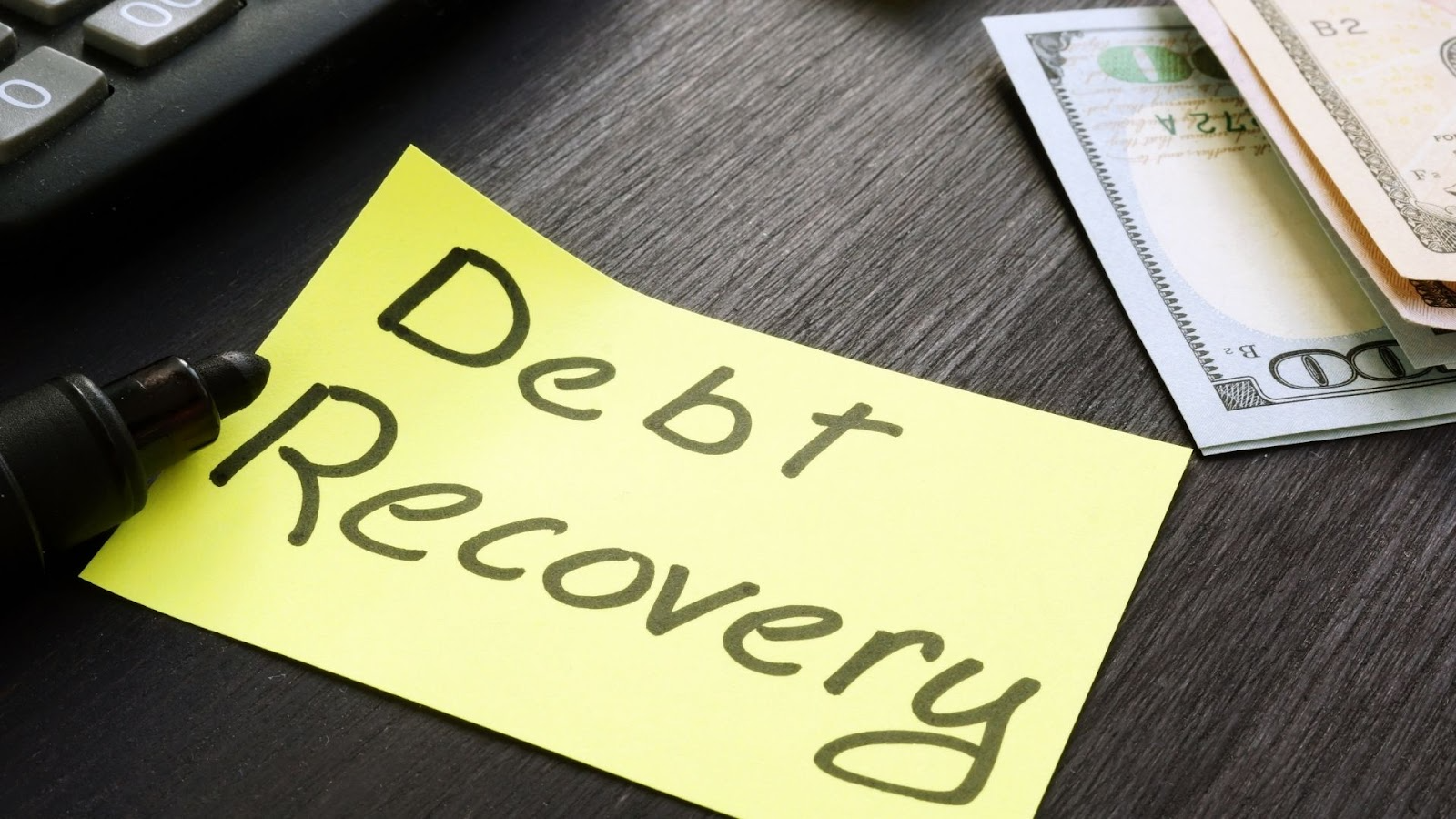
If you’re facing debt collection issues in New York, you may be surprised to learn that there are time limits on how long creditors and debt collectors can pursue a debt in court. Known as the statute of limitations, these time limits can be a powerful tool to protect yourself from further legal action.
Understanding how time limitations work is crucial; if you’re nearing or have passed the statute of limitations, you may be able to prevent lawsuits and gain more control in resolving the debt. This blog will explore New York's debt collection statute of limitations and guide you through the steps to protect your rights legally.

The New York State Debt Collection Statute of Limitations is the time period within which a creditor or debt collector can legally sue to collect a debt. In New York, the statute of limitations for most debts ranges from 3 years to 6 years.
Once this time period expires, the debt is considered time-barred, meaning creditors or collectors can no longer take legal action to recover the debt. However, the debt does not disappear, and collectors can still attempt to collect the debt through other means, such as calls or letters, though they cannot sue you.
The statute of limitations begins from the last activity on the debt, such as a payment or written acknowledgement. Importantly, even a partial payment or a written statement acknowledging the debt can reset the clock, extending the time during which creditors can take legal action.
It's also important to consider the type of debt when assessing the statute of limitations. For example, credit card and medical debt may have different timelines for legal action. Additionally, the statute of limitations varies between oral contracts, written contracts, and promissory notes.
The statute of limitations on debt collection varies based on the type of debt and the state in which the debtor resides. Let’s understand the timeframes, as they determine how long a creditor or debt collector can legally pursue a debt through the courts.
The statute of limitations on debt varies by state, with each jurisdiction setting its own rules and timeframes. These time limits can differ not only by state but also depending on the type of debt. For example, New York has established specific timeframes for different categories of debt:
Let’s understand the New York state debt collection statute of limitations
for each debt type in detail, as that helps you assess when a debt is legally enforceable and when it might be time-barred.
For credit card debt, creditors or collection agencies have 6 years from the date of the last payment or activity on the account to initiate a lawsuit for recovery. For instance, if you defaulted on a credit card payment on June 1, 2025, the statute of limitations would begin from that date. After this period, the debt becomes time-barred, and they can no longer take legal action.
Medical debt in New York has a 3-year statute of limitations, starting from the last payment or activity. This is a shorter period compared to other types of debt, so it’s important to address any disputes or overdue balances within this timeframe.
If you have an outstanding auto loan, the statute of limitations for debt collection is 4 years. This means that creditors can only pursue legal action within this period to recover the debt after the default.
For mortgage-related debts, the statute of limitations is 6 years from the date of default or the lender's acceleration of the loan. If the lender initiates foreclosure proceedings, this 6-year period applies to the lawsuit for repayment or foreclosure.
Personal loans in New York are subject to a 6-year statute of limitations. This applies to loans from individuals, banks, or other financial institutions, and creditors can only file a lawsuit for repayment within this time frame.
Retail installment contracts, often used for financing purchases like electronics, furniture, or vehicles from a store, have a 4-year statute of limitations in New York. The countdown begins from the date of the last payment or when the buyer defaults.
A court judgment is a legal ruling confirming that you owe a specific debt. When a creditor secures a court judgment against a debtor, New York law allows 20 years to enforce it. This applies to unpaid debts and court-mandated obligations, including child support. Child support judgments are significant, as the extended enforcement period ensures that the financial responsibilities toward children are upheld.
While these debt types provide legal boundaries, many debtors find themselves facing collection attempts well beyond these timeframes. The expiration of the statute of limitations doesn't eliminate the debt entirely; it simply changes the legal system and the options available to both parties.
Also Read: Private Debt Collection and Recovery Solutions

Even after the statute of limitations expires, you remain legally responsible for the debt; it does not simply vanish. Time-barred debts limit the creditor’s ability to sue, but the obligation itself continues. Here are some options to handle time-barred debts:
Additional Points to Consider:
Understanding your options with time-barred debts is only part of the equation. When creditors do decide to pursue legal action within the limitation period, they must follow strict procedural requirements.
Debt collection lawsuits in New York must meet specific legal requirements to ensure claims are valid, transparent, and properly documented.
A debt collection complaint must clearly identify:
This information allows both the debtor and the court to verify the legitimacy of the claim. Complaints lacking these details may be dismissed or delayed.
New York law requires a sworn statement confirming the debt’s validity. Traditionally, this was a notarized affidavit, but as of January 1, 2024, the law permits affirmations in place of notarized affidavits under CPLR 2106, simplifying court procedures.
Key points regarding affidavits or affirmations:
Creditors often include supporting documents to reinforce the debt’s validity:
These help the court accurately assess the debt amount and ownership.
All complaints, affidavits/affirmations, and supporting documents must comply with New York civil procedure rules, including proper formatting, filing fees, and service to the debtor. Noncompliance in debt collection can result in dismissal or require the creditor to refile.
These requirements ensure debt collection lawsuits are based on verified, accurate debts. Debtors can challenge complaints if affidavits, affirmations, or supporting documents are missing, incomplete, or inaccurate.
When you receive a debt collection lawsuit that meets legal requirements, you cannot ignore it. The court sets strict deadlines and procedures, and responding promptly can prevent a default judgment. Whether the debt is valid or time-barred, it is important to act quickly and follow the proper steps to protect your rights.
Also Read: Understanding the Difference Between a Debtor and Creditor

Responding correctly to a debt collection lawsuit in New York is important to protect your rights, avoid default judgments, and reduce the debt.
Include a copy of any supporting documents when possible.
If you are sued for a debt that has passed New York’s statute of limitations, it is crucial not to ignore the lawsuit. File a formal answer with the court and assert the statute of limitations as your defense, providing evidence such as the date of last payment or account activity.
Avoid making any payments or acknowledging the debt, as this can restart the limitations period. Additionally, check whether the debt collector has violated the Fair Debt Collection Practices Act (FDCPA) by threatening legal action on a time-barred debt. Consulting a consumer protection attorney can help ensure your response is accurate, protect your rights, and potentially get the case dismissed.
While understanding New York’s debt collection laws is essential for protecting yourself, businesses also need a reliable, compliant partner to manage collections responsibly.

Southeast Client Services Inc. (SECS) specializes in professional debt recovery with a focus on email-based communication, ensuring compliance with consumer protection regulations and maintaining positive customer relationships. Their approach minimizes legal risks while improving recovery efficiency.
SECS Key Services:
By partnering with SECS, businesses can ensure collections are handled professionally, efficiently, and within the legal framework, while debtors experience a more transparent and less stressful process.
Understanding debt collection in New York requires a clear understanding of the statute of limitations, the types of debts and their respective limitation periods, and the legal requirements creditors must follow when filing a lawsuit.
From knowing when a debt becomes time-barred, responding promptly to complaints, and asserting defenses such as the statute of limitations, to reviewing affidavits, supporting documentation, and ensuring compliance with court procedures, being informed is critical to protecting your rights.
Southeast Client Services Inc. (SECS) specializes in ethical and fully compliant email-based debt collection, helping businesses recover outstanding debts without resorting to calls or aggressive tactics. Contact SECS today to streamline your debt recovery process while staying compliant with New York law.
Most debts in New York and many other states have a statute of limitations of 3–6 years. After this, debts become time-barred, meaning creditors cannot sue, though the debt still exists, and collectors may contact you. Court judgments, however, can remain enforceable for up to 20 years.
Yes, acknowledging the debt in writing or making a partial payment can waive the statute of limitations in New York. This resets the legal clock, allowing creditors to file a lawsuit even if the debt was previously time-barred.
The limitations period can restart if you make a payment, sign a written acknowledgment of the debt, or promise to pay. Even small partial payments or statements can reset the clock and let creditors sue again.
Final proof of debt is the affidavit or affirmation from the creditor or collector. It confirms the debt’s validity, shows ownership or chain of title, and includes supporting documents like contracts, statements, or bills of sale for the court to verify the claim.
Ignoring collectors does not erase the debt. For time-barred debts, lawsuits cannot proceed, but collection attempts may continue. For active debts, ignoring a lawsuit can lead to a default judgment, allowing wage garnishment, bank levies, or liens.